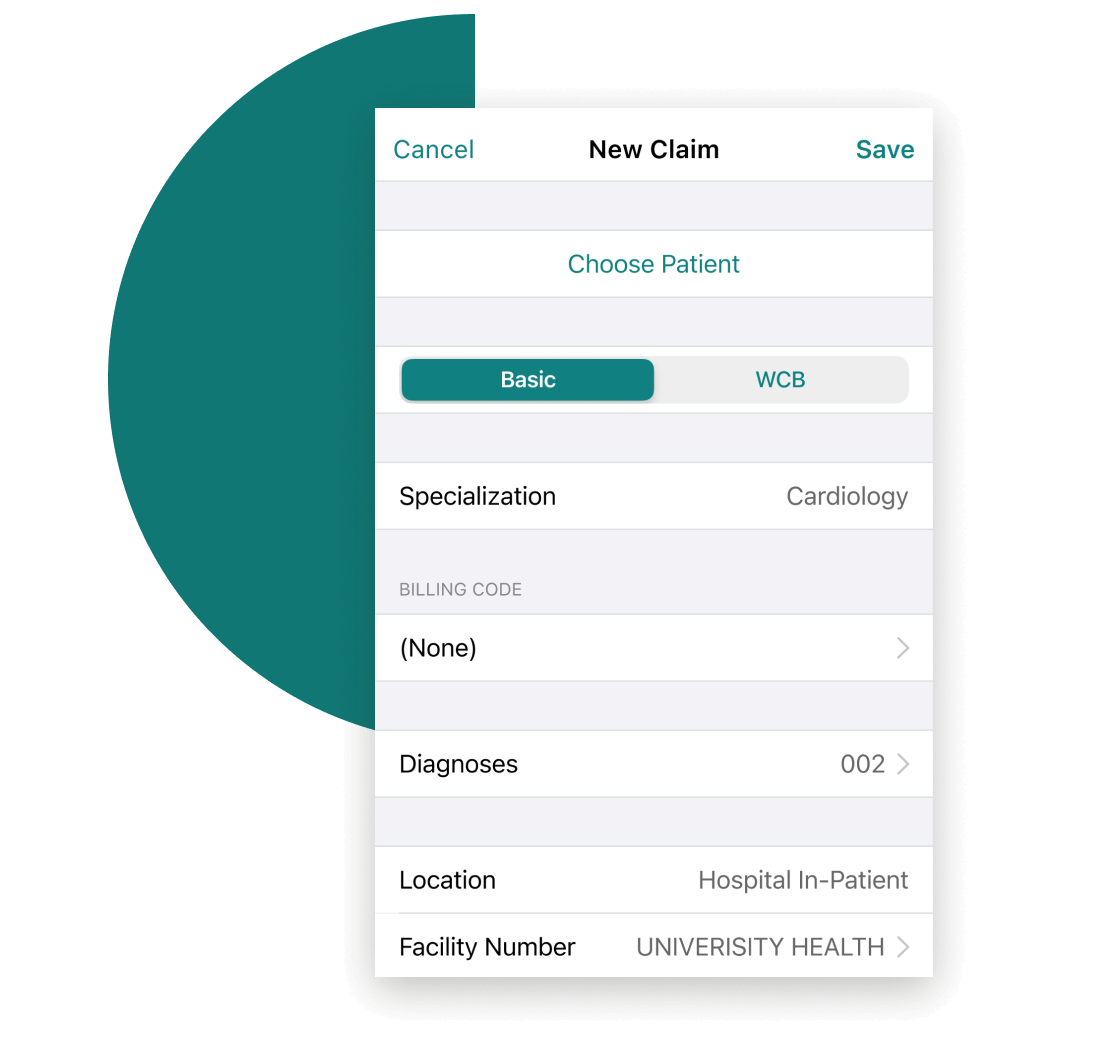Once you’ve created a strong targeted resume and a compelling cover letter, the next step is to get a strong job reference letter for your application. Most job positions demand professional references, so it’s best to have this document ready in order to avoid last minute scrambling.
What Is A Professional Job Reference Letter?
A professional job reference letter is a recommendation from someone who can vouch for you and your qualifications for the job that you’re applying to.
If you’re applying for a higher position then a professional job reference letter should ideally come from a former colleague, a patient, a senior/supervisor, or someone who has experience working with you in a professional environment.
If you’re applying for a junior level job then you could get these references from your college professors or your attendings. The key to picking references is to pick those people who have observed you first-hand where you’ve displayed your skills and qualifications for employment.
It’s important to note that a professional job reference letter is very different from a personal one. The latter focuses more on your personality traits and how you are as a person while the former highlights your work-related qualities.
Personal references can be helpful in your job application but they should never be a replacement to your professional reference letter. Most job applications specifically ask for a professional job reference letter.
How To Find The Perfect References
Most hiring managers will demand at least one reference who is your current supervisor or at a minimum the most recent supervisor. A good idea would be to include someone who has been supervising you in the past six months.
The reason why most hiring managers ask for a recent reference is because they want to know about your current performance. Sometimes, candidates list references that are a couple of years old who can give them a glowing recommendation. However – a recommendation that isn’t current isn’t really a great recommendation. Hiring managers are going to want that glowing recommendation from wherever you’re currently at.
If you’re wondering how many references for job you should consider then two letters from your most recent supervisors or colleagues should do. That way, there’ll be no doubt that you’re truly a qualified candidate and are comfortable with the hiring organization contacting your references.
Here are a few other things to keep in mind when choosing someone to be your reference:
1. Consider The Qualifications Of Your Target Job
Understand the qualifications of the job that you’re applying to and then choose an individual who’d be able to attest to them. Ask yourself who would be the best person to vouch for your skills and credibility that are most important for success in the position that you’re applying to. Your references will differ based on the requirements of each job that you’re applying to.
2. Find Someone Who Can Give Examples From Your Work
In terms of ideal job references format, your letter will be able to talk about your skills and experience in a concrete way by providing relevant examples from your work. Vague comments about your strengths without solid proof aren’t convincing to a hiring manager.
Therefore, you’ll have to find people who have seen you work or those who have directly worked with you instead of going after the most prestigious or highest-ranking individual. Think of how many references you’ll need (based on your different skills) and accordingly shortlist the right people.
3. Pick Individuals Who Can Attest To Your Successes
Think of your most successful initiatives and consider individuals who can attest to how you engineered those achievements. For example, maybe you were part of a team that performed a very complicated surgery. Have someone from that team tell the hiring manager how you performed and the initiatives you took.
4. Find Someone Who’s Willing To Write A Positive Recommendation
Make sure the person you choose is comfortable being a reference and would be happy to give you a glowing recommendation. Most candidates assume that someone would give them a strong recommendation while all they’re willing to give is a generic letter that has a basic job references format of two-three sentences and doesn’t highlight anything about your performance or your personality.
When you reach out to someone asking for a reference, ask if they need any specific information from you to write you a good letter. It’s a good practice to check beforehand if the letter they’re going to write will be a meaningful one or a basic one. You could also offer to draft a letter and send it to them. It’ll be easier for them to edit that and add any additional points that they think might be relevant.
Job Reference Letter Sample
Here’s a sample job reference letter for inspiration:
Dear Dr. Samantha
I am writing to you this letter of recommendation for Dr. Jamie Collins as your hospital’s next Head of Cardiology. As the chief resident of ABC Hospital, I have been immensely impressed with Dr. Jamie’s ability to handle some of the most stressful situations and get his patients to relax when others could not. His professionalism and a genuine need to care for his patients has definitely helped to increase the hospital’s success rate.
I remember when we worked on the same team for a complicated heart repair surgery and he went through the procedure with a calm and centered mind. He knew the patient’s history well and had a strong grip on the procedure including solutions for contingencies.
While we would love for him to continue working with us at ABC Hospital, we respect his desire to work for an institution that has a very strong cardiology department and consistent base of patients that he can get to know and care for.
Dr. Jamie has an exceptional sense of responsibility that has caused him to spend days here at the hospital caring for patients. His friendly and calm personality has allowed him to work with patients of all ages and his effectiveness knows no age bracket. The feedback I got from patients treated by Dr. Jamie was always positive and glowing.
I have no doubt that your hospital’s cardiology department would be significantly enhanced by the addition of Dr. Jamie. I am available for more details, or to offer up more examples, if you should wish. You can call me at 123-456-789 or email me at mattwall@email.com.
Sincerely Yours,
Dr. Matt E. Wall
Chief Resident
XYZ Hospital
If you’re applying for jobs, you’re going to need strong references. Finding such references for doctors can be a bit challenging. Follow these simple tips to make the process go a little more smoothly.
Be Mindful About The Selection
Selecting who your references will be should be a well-thought-out task. When picking someone, make sure to look for proof from their previous interactions with you; reports, assessments, conversations that would give you a hint of what sort of reference they would give. Your references need to be someone who is easily contactable. You’d be surprised at how often more references don’t answer calls.
Ask Their Permission
It’s unprofessional to give someone’s name as a reference without first asking them. You need to take permission from each person if they would be willing to act as a reference for you. Explain to them what they’re providing the reference for and when can they expect a call so that they’re not caught off guard.
Give Them A Friendly Reminder
When you think you’re getting closer to the time when the hiring manager could call them, give them a quick phone call or email to remind them that they could be contacted soon. This will also be a great opportunity for you to show that you’re organised and professional.
Keep Some Options Handy
Doctors are some of the most busy professionals and there may be a possibility that some of the references that you listed in your application won’t be reachable for some reason or another. If the application allows, consider adding double the number of references that you’ve been asked for.
Thank All Your References
Once your references have been checked, take out time to thank them. Regardless of whether you have gotten the job or not, you should take the time to thank all of the people who have given a reference for you. They took out precious time from their schedule to help you land your dream doctor job. A simple thank through an email, phone call or a card can go a long way in maintaining a good relationship if you ever need them for a future reference.
Conclusion
A good reference letter can go a long way in helping you enhance your job application and make a good impression. Always think above and beyond and be careful in your selection.
This article offers general information only and is not intended as legal, financial or other professional advice. A professional advisor should be consulted regarding your specific situation. While information presented is believed to be factual and current, its accuracy is not guaranteed and it should not be regarded as a complete analysis of the subjects discussed. All expressions of opinion reflect the judgment of the author(s) as of the date of publication and are subject to change. No endorsement of any third parties or their advice, opinions, information, products or services is expressly given or implied by RBC Ventures Inc. or its affiliates.

Solutions Designed For The Unique Needs Of Your Practice
Get a $150 Credit when you sign up for Dr.Bill*. No credit card required.






